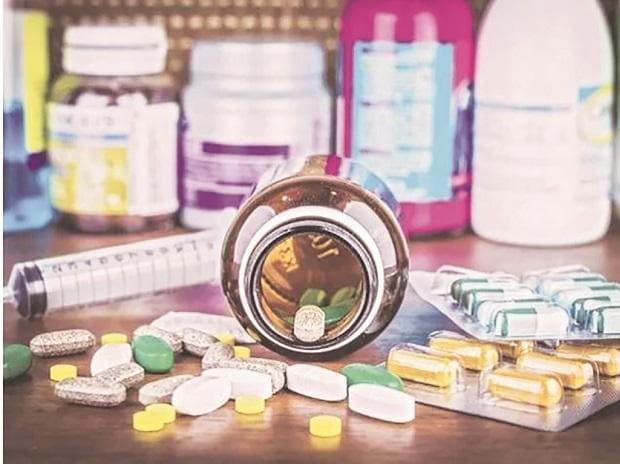[ad_1]
After the anti-diabetic market, India’s cardiology market is now set for a churn as Swiss drugmaker Novartis’ blockbuster drug for heart failure patients Vymada or Entresto is set to go off patent in January.
Trade sources say that this is one of the fastest growing drugs in the Rs 23,000 crore cardiac market in the country.
Entresto or Vymada as it is sold in India is a combination of Sacubitril and Valsartan.
According to data from market research firm AWACS, the cardiac market in India is dominated by antihypertensives which contribute nearly 53 per cent of the market, followed by lipid lowering drugs (23 percent) and platelet aggregation inhibitors (5 per cent), and diuretics (4 per cent).
Vymada is a fixed dose combination drug which is advised to heart failure patients. Sacubitril (neprilysin inhibitors) works to control blood volume, while valsartan is a common anti-hypertensive. This effect reduces the work on the heart and reduces blood pressure. The combined effect of the two medicines reduces the strain of the failing heart.
Several Indian drug firms are in the fray to launch the generic of this heart failure medicine which has already managed to reach a size of Rs 550 crore in the Indian cardiac market. Globally, this drug is estimated to have a szie of $4 bn.
Leading firms that are lining up launches include Torrent Pharma, Sun Pharma, Cipla, Lupin, USV, according to market sources.
Sun Pharma has the largest share in the Indian cardiac market, followed by Torrent Pharma, Lupin and USV. As such, AWACS data shows that the top 20 corporates enjoy a 56 per cent share of the cardiac market.
“The top firms are readying to launch the drug, and price slashes would be in the range of 50-70 percent immediately,” said an industry source. At present, each Vymada 100mg tablet costs around Rs 85.
Dr Reddy’s Laboratories has already armed its arsenal by acquiring Cidmus brand from Novartis earlier this year for Rs 463 crore.
India’s price regulator is keeping a close watch on key drugs going off patent. The Centre and the industry are working on a pricing mechanism for drugs that are going off-patent. The move assumes significance in the backdrop of the recent patent expiries of key diabetes drugs.
“While a final decision is yet to be made, the pricing mechanism is likely to set a ceiling price for drugs going off patent at 50 percent of the innovator price. Add to this, if there is any other drug which is already under price control in combination with the patented molecule, then one may take a ceiling price which is 20 per cent lower than the prevailing ceiling price,” an industry source explained.
For example, if a sitagliptin (an anti-diabetic patented molecule that lost its patent earlier this year) and metformin (another common diabetes drug that is already under price control) combination drug is selling in the market, the ceiling price would be set as 50 per cent of the price of sitagliptin from the innovator’s price (in this case Merck), and the metformin in combination would be charged 20 per cent lower than the prevailing ceiling price.
Also, once this ceiling price is set, this will be reviewed after one year by when more brands would have come into the market. Industry feels that this would create a more predictable pricing regime both for the consumer and also the manufacturers.
The cardiac market is in for a shake-up as several generics of this heart failure drug hit the market.
[ad_2]
Source link



